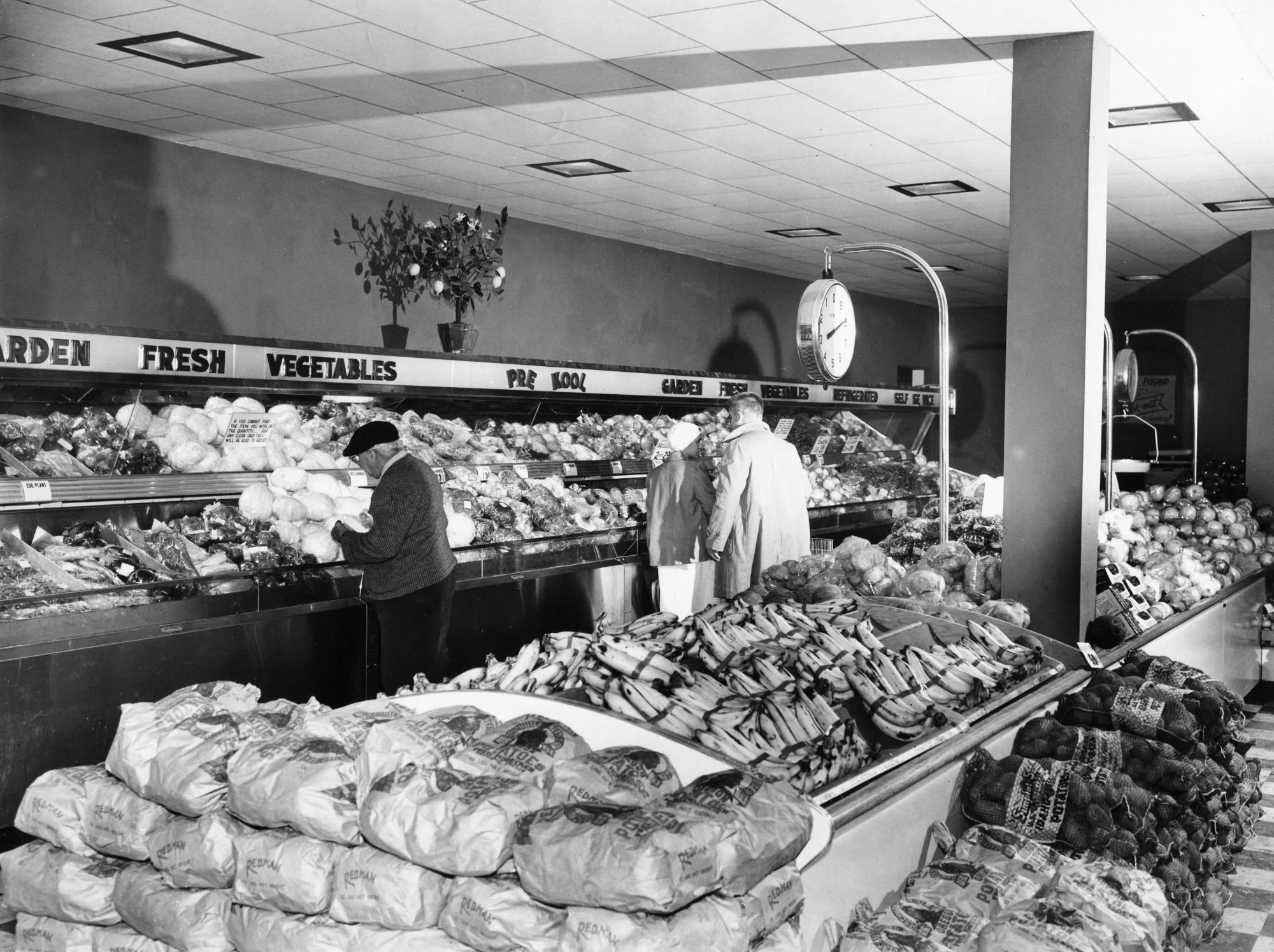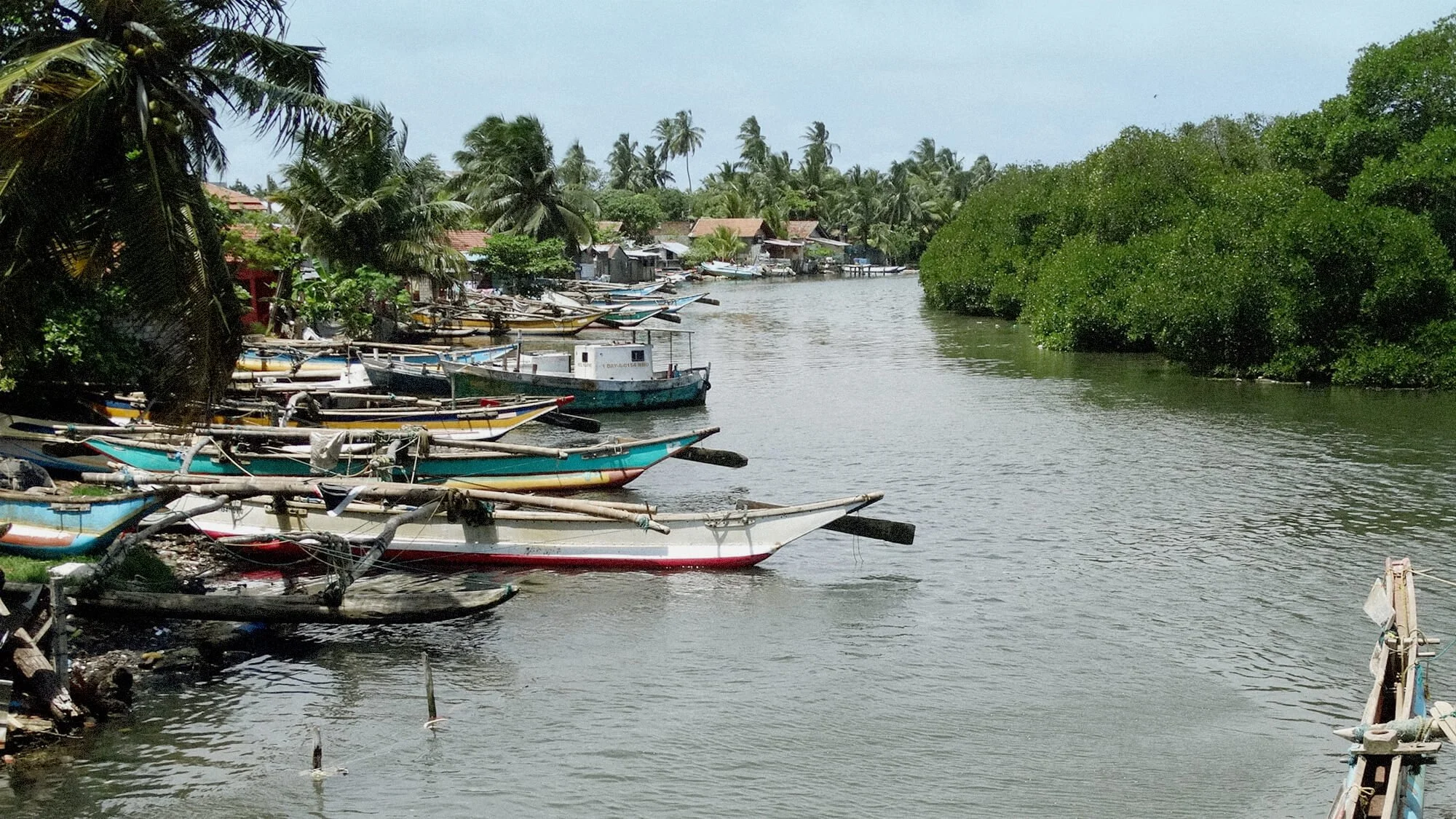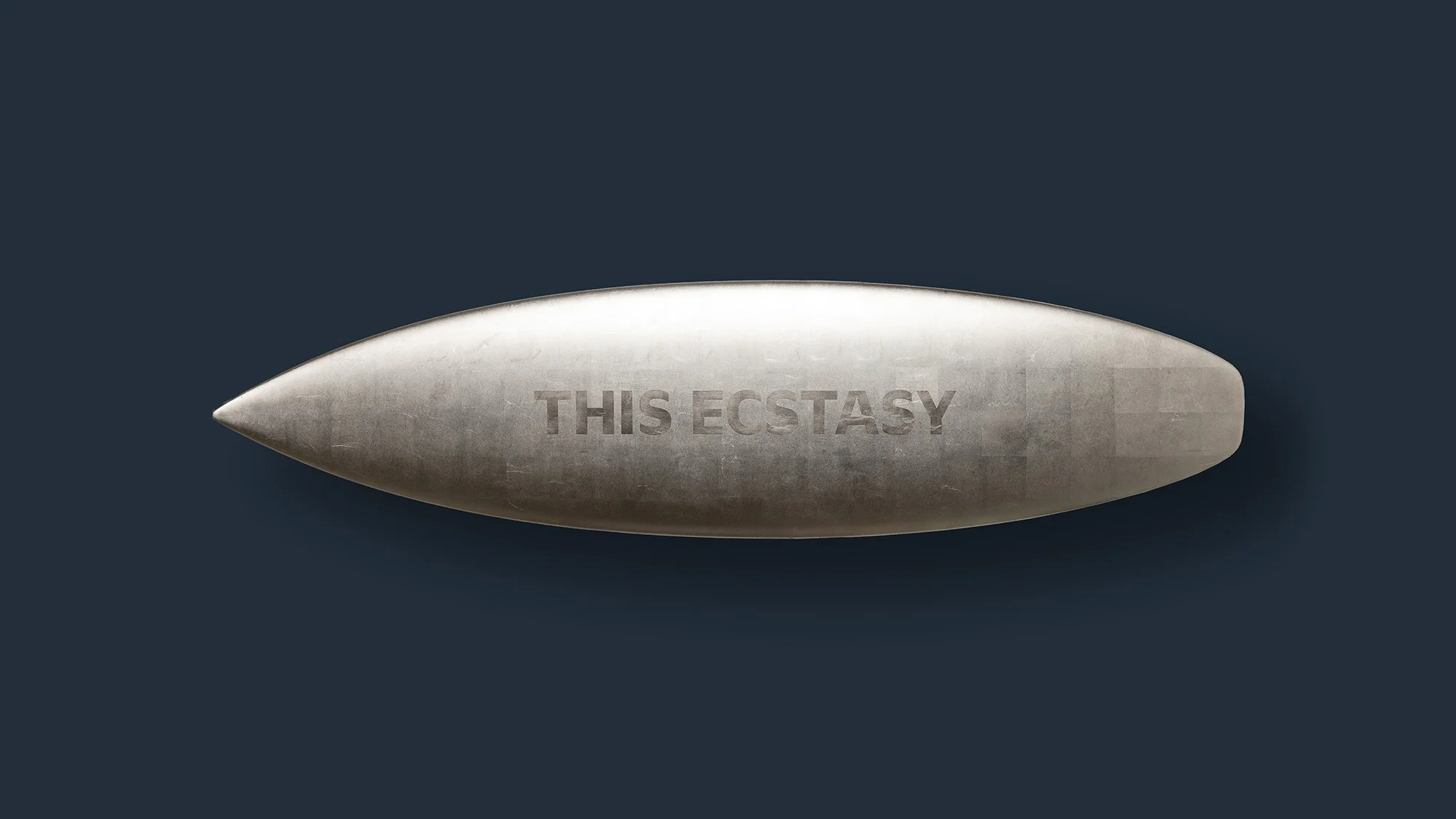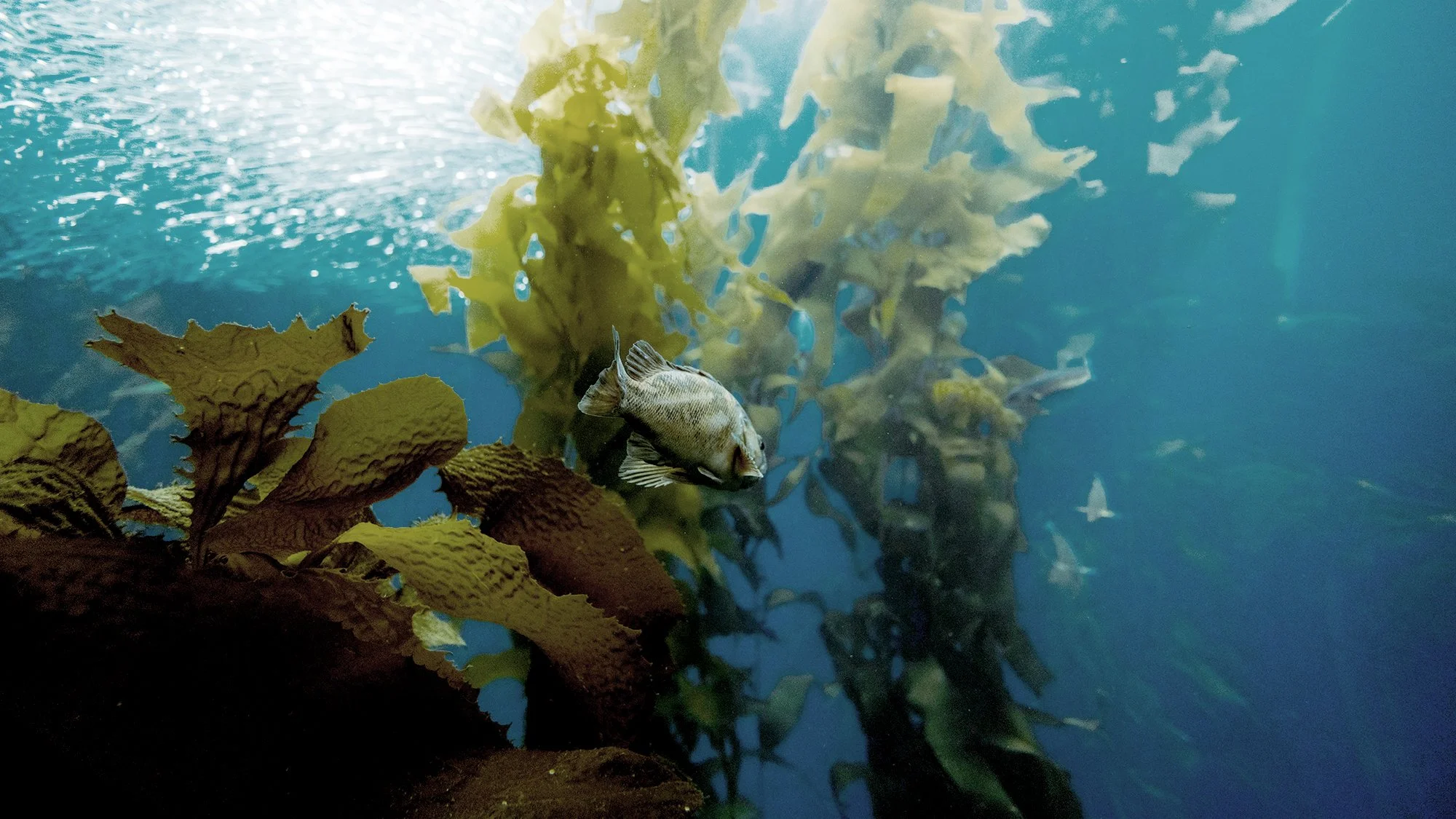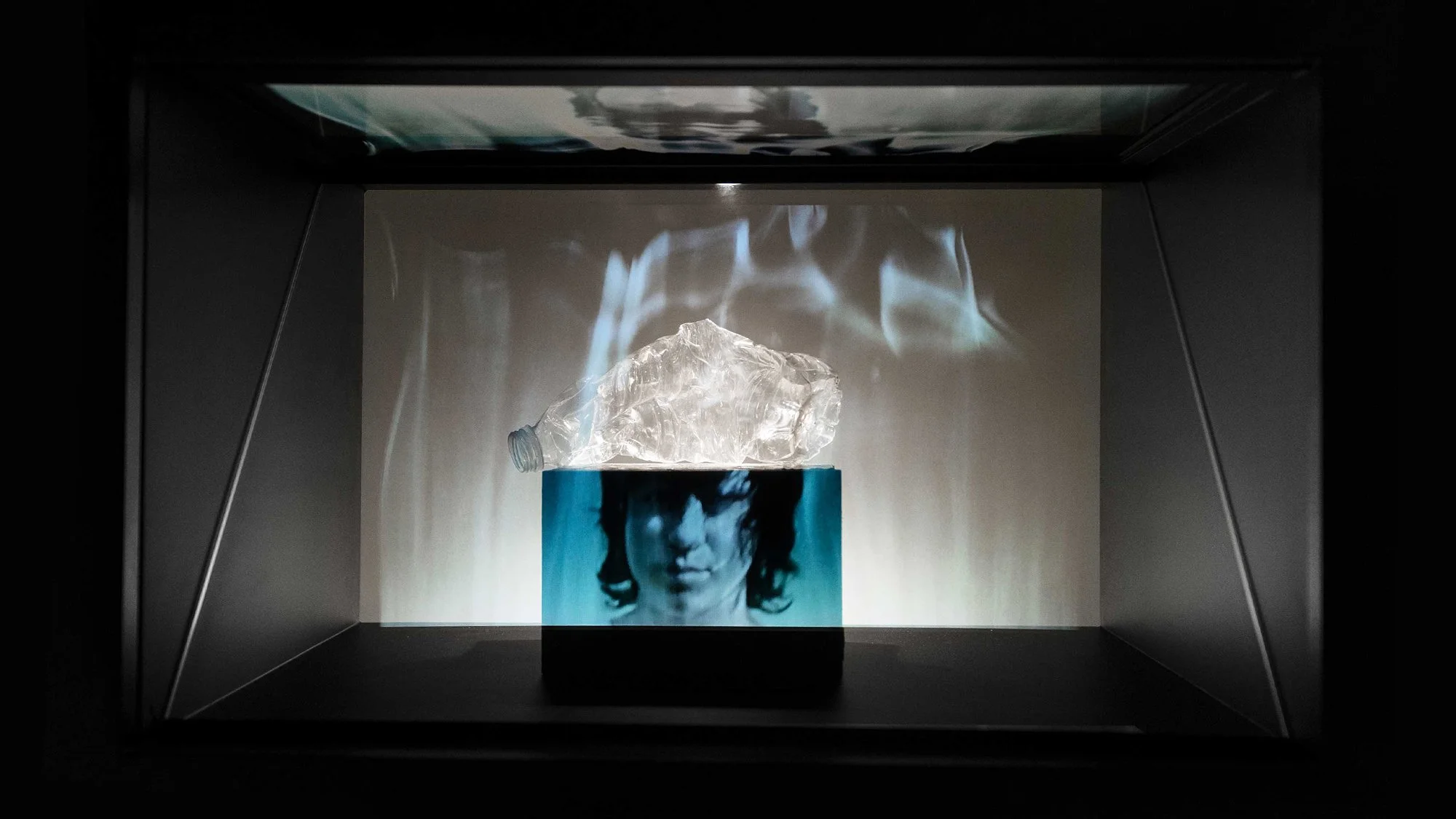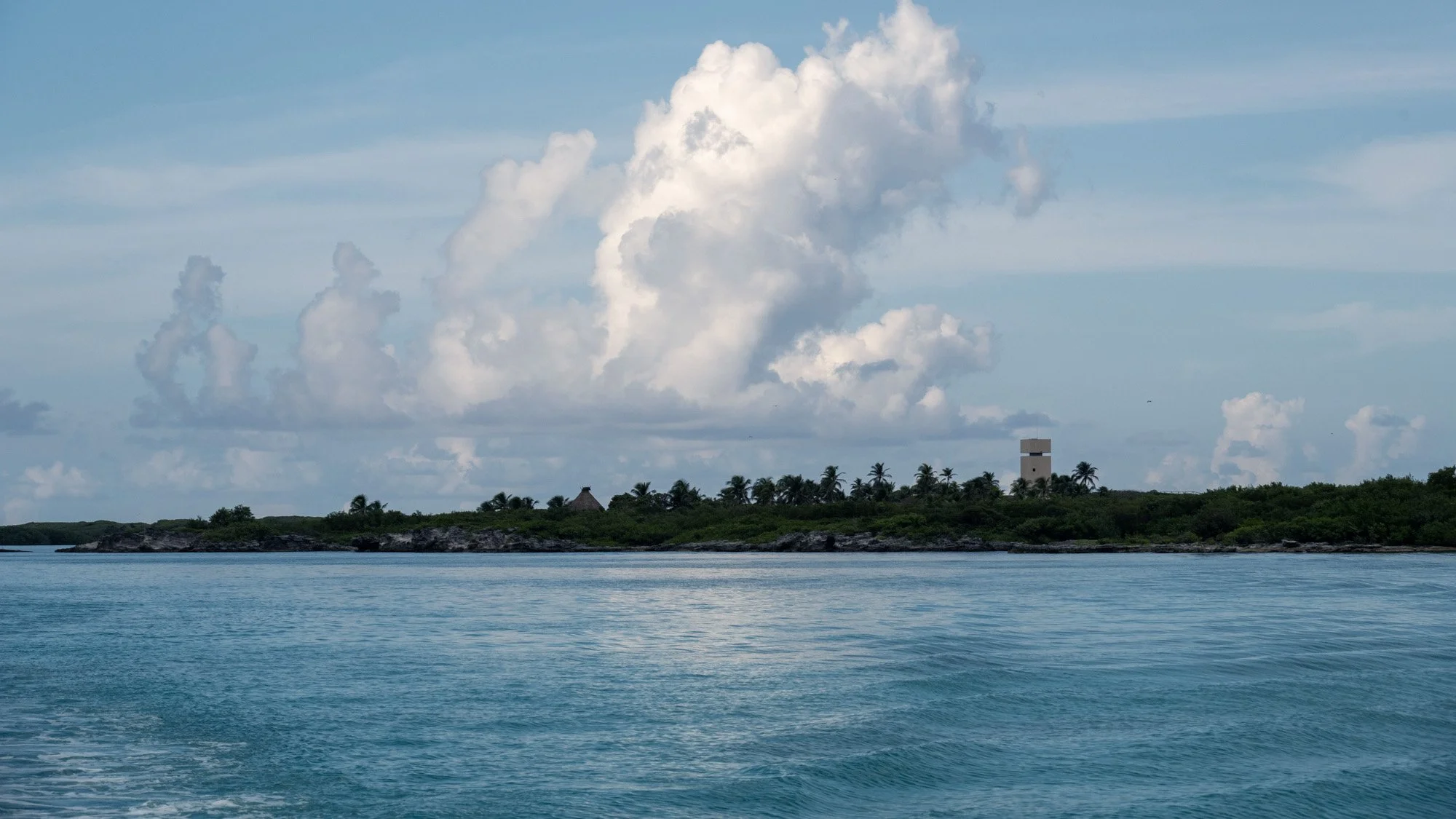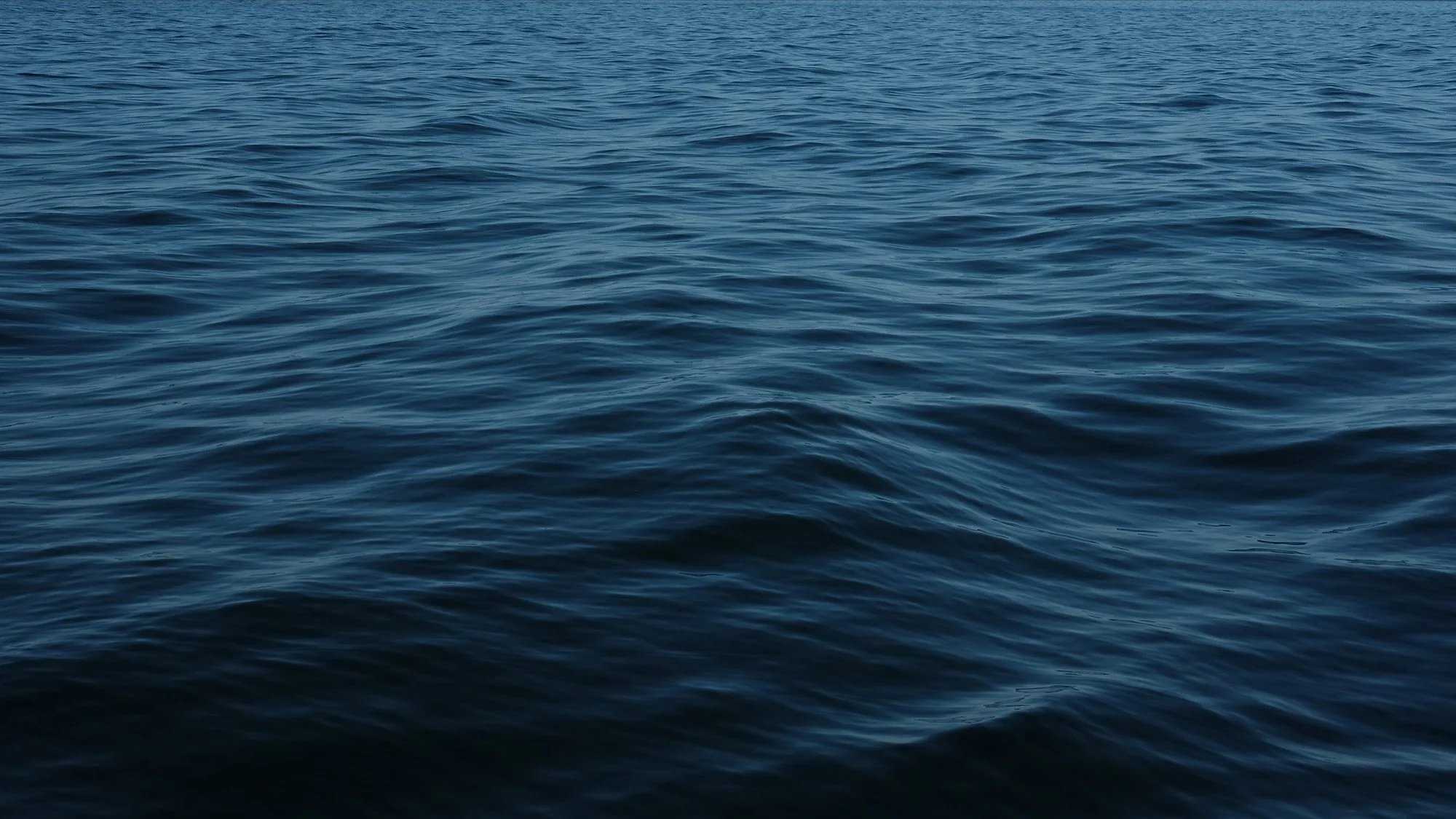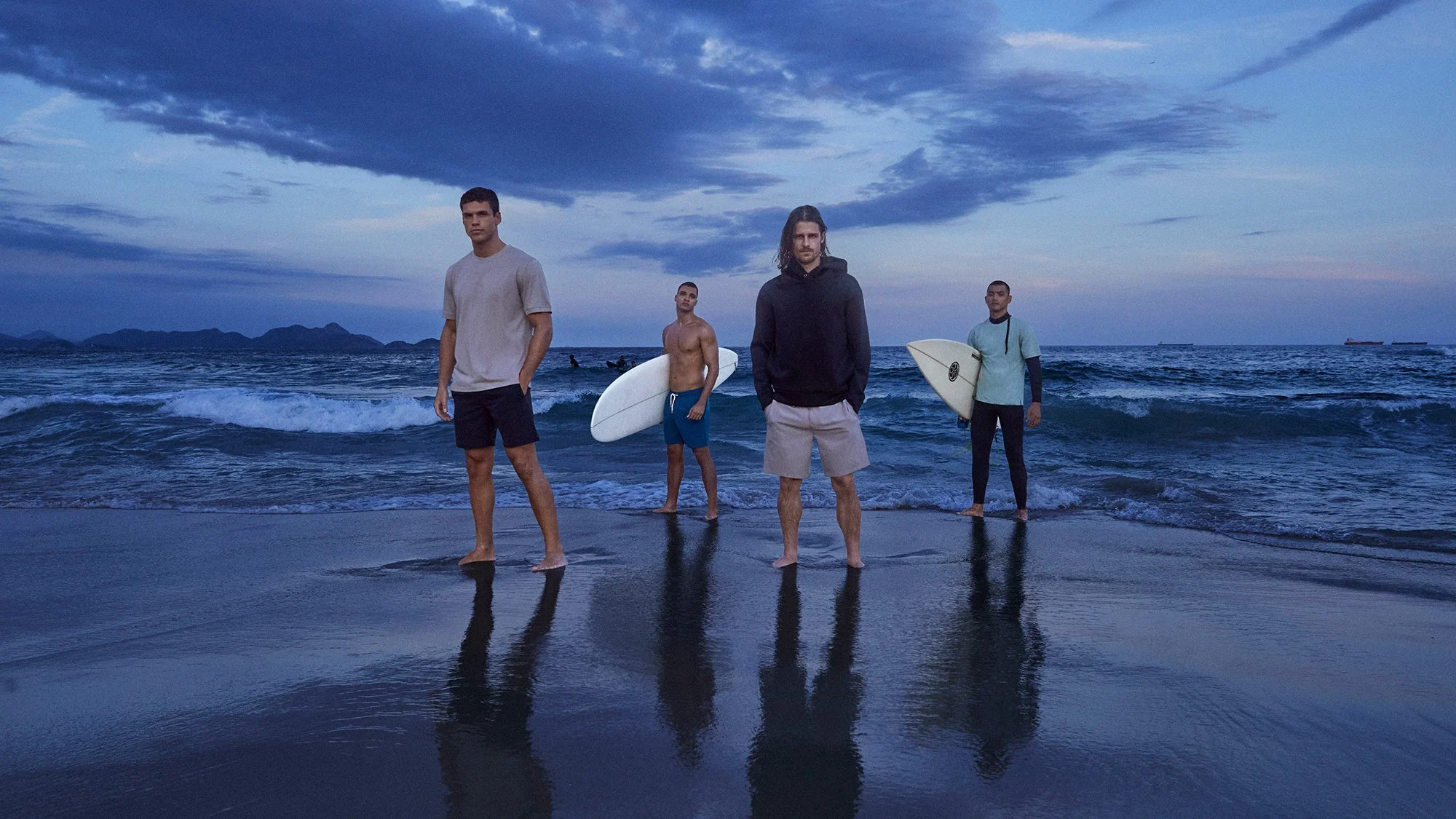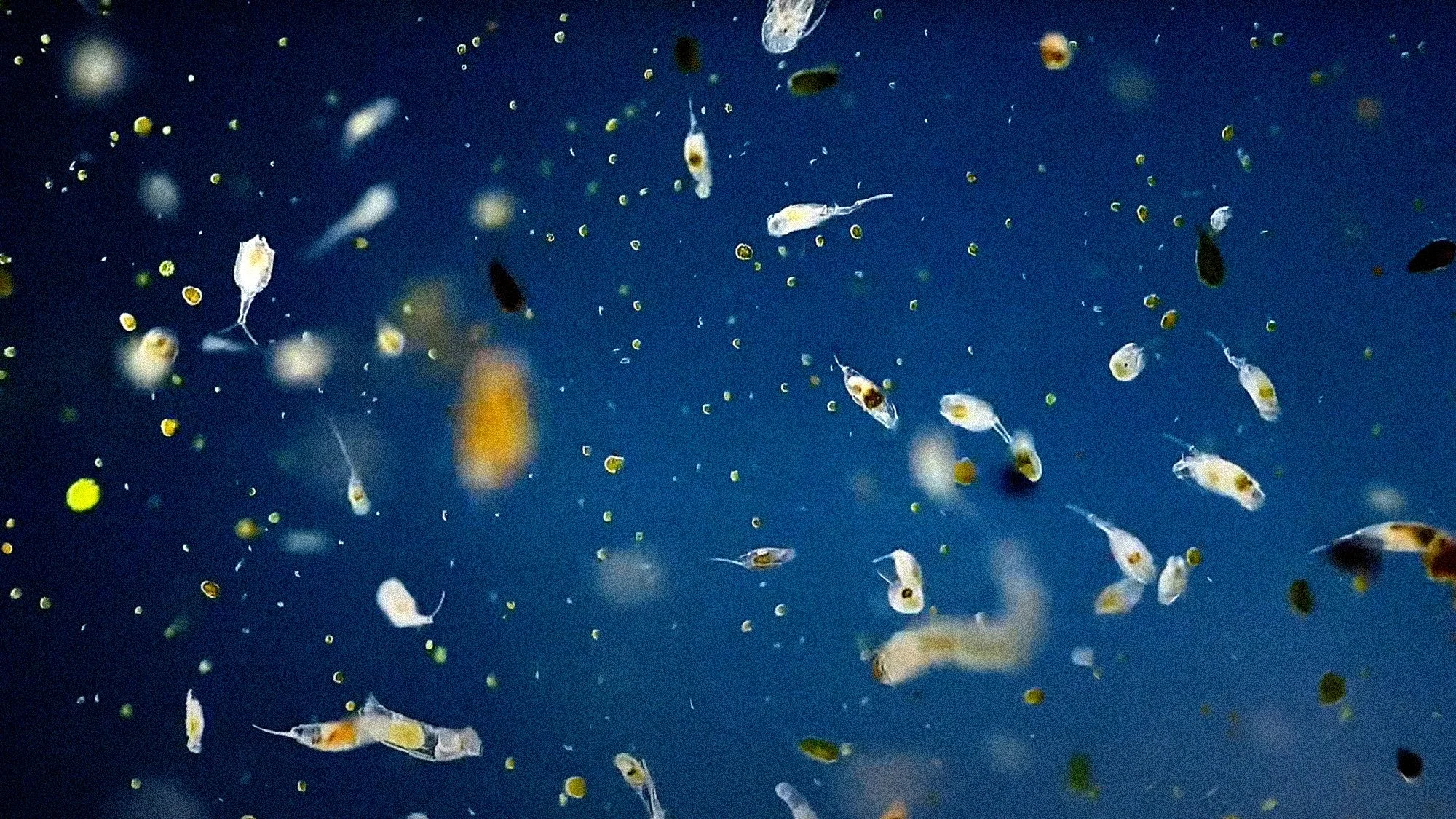Sarah Metz wants to redesign the way NYC shops for food
It is an unfortunate and unflattering irony that our future on this planet is threatened by a most basic survival instinct: physical nourishment. We can’t even eat without biting the hand that feeds us. We remove finite resources and offer our waste in return. In some species, like whales, this transaction completes a harmonious and beautiful cycle through which iron-rich fecal matter returns vital nutrients to the sea, the source.
Above sea level is a different story. Our kind purchases pre-assembled meals and ingredients of questionable and often far away origins contained in materials that never biodegrade in the environment. If you were to log every single-use plastic item you use or encounter in a week, it would take no longer than your lunch break to realize most of the avoidable waste in our lives involves food.
Can you call yourself a healthy eater if your nourishment arrives wrapped in a material the planet can never digest — and that acts like poison in your bloodstream? We can all be more mindful of the food we eat, how it gets there, how it’s packaged, and where it goes when we’re done. But large-scale change demands a systemic restructuring. The food industry has a responsibility to step up and meet eco-conscious consumers where they’re at: the grocery aisle.
Brooklyn-based Sarah Metz has a vision to unburden and empower New Yorkers to stock their pantries without costing the environment. Here, she shares her plans for bringing the first zero-waste grocery store to NYC: The Fillery.
The world has a massive waste problem. When did you come to realize the extent and impacts of our plastic addiction? I've always considered myself to be a fairly eco-conscious person, and I used to think recycling was one of the most effective ways I could do my part. When I moved to Brooklyn 10 years ago, I was appalled by the amount of waste that is generated here and I started researching and learning more about recycling statistics. Along the way, I saw an educational art exhibit called Washed Ashore at the Virginia Aquarium — it really created a powerful visual that illustrates the impact of our plastic addiction.
What made you decide to take action through food? There is a very visible and seemingly insurmountable waste problem here in New York, and so much of it is tied to food. That said, I love to cook and enjoy trying new recipes. Shopping at bulk/refill stores supports both of these interests — it allows me to try unique ingredients without having to commit to more of an item than what I actually need, thereby reducing food waste, and it eliminates unnecessary packaging.
How did the idea for The Fillery come about? I shopped at By the Pound, a fantastic bulk store in Ann Arbor, Michigan a number of years ago, and there’s really nothing comparable in Brooklyn. For many years I’ve wondered why this concept hasn’t shown up here. I’ve always wanted to live near a store like The Fillery and after 10 years of living here, it still doesn’t exist. So I decided to do it myself.
What are the key objectives/goals of The Fillery? Our main objective is to reduce packaging and food waste. We want to provide our community not just with the tools to live more sustainably and more healthily, but also the understanding of how to do so effectively.
How do you define “zero-waste”? Zero Waste refers to a process designed to prevent waste distribution in a way that is harmful to human, animal, and environmental health. It's focus is on developing products, systems, and habits that allow for complete use, reuse and repurposing of resources rather than ultimate disposal in a landfill.
How can people help make the Fillery a reality? (*will link to crowdfunding campaign here...) Right now we are working very hard to secure a space. In the meantime, we have launched a follow-up crowdfunding campaign to help ensure our educational space is one that will have the capacity to effectively educate our community on topics that are important to us.
Where do you see signs of progress in waste-reduction (e.g., what countries are setting the precedent)? Across Europe there are charges and taxes on plastic bags, and Morocco has proposed a ban all together. Recycling efforts are improving, and cities throughout the US are beginning to put in place long term goals for waste reduction. New York City, for example, has launched a Bring Your Own campaign, which encourages residents to bring their own reusable water bottles, coffee mugs and tote bags rather than using single use alternatives.
Favorite sea creature: Sea turtle! As my sister Rachel says, they are world travelers and healthy eaters, like me. And they are as offended by debris and plastics in the ocean as I am!
Have an ocean hero? Without question, my ocean hero is my sister Rachel. She is a marine biologist and conservation specialist who has spent her career rescuing and rehabilitating sea creatures and working to help people understand the intricacies of the ocean and our relative impact.
We approach long-term solutions through the Parley AIR Strategy:
AVOID
What’s one plastic item you’ve completely banned from your life (or will ban)? Straws. (And balloons!)
INTERCEPT
Have you ever cleaned a beach or participated in a beach cleanup? If so, what has shocked you most about the state of our beaches? Yes. It's shocking to see that much of the waste found on beaches is from single use items, such as a straws, plastic bags, and utensils. They are often items that are easily recycled, and better yet, they are items for which there are very simple reusable alternatives.
REDESIGN
To close the loop, we need to redesign business, reset our minds, rethink our choices…What's your advice for people trying to lower their footprint and cut down on daily waste? First, identify the single-use plastics most frequently used in your life — take-out coffee cups/lids, straws, and water bottles come to mind. Eliminate a few of these things at a time and find reusable/sustainable alternatives. Once you've taken this step, you'll start to reframe your mindset when it comes to consumption and waste production.
Help make The Fillery a reality:
Stay tuned for the upcoming Indiegogo campaign
Follow along here for the latest updates from The Fillery
Learn how to use less useless plastic
